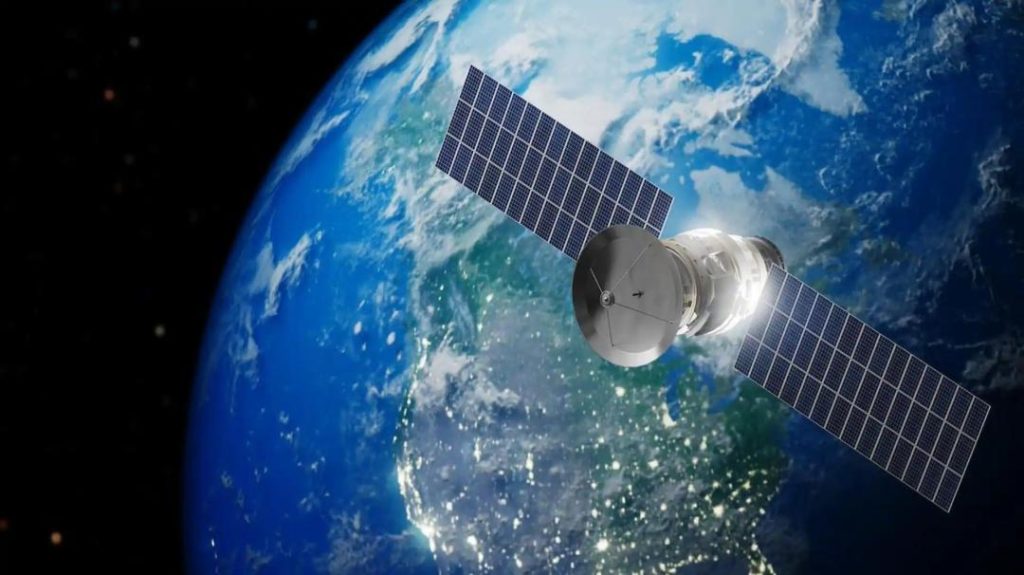
What are Space Pirates & How Can Satellites be Secured from Them?
In the vast expanse of space, a new threat has emerged that can leave countries and companies vulnerable to attacks on their valuable satellites. Space pirates, a term used to describe individuals or groups that attempt to attack man-made satellites either virtually or physically using different methods, are a growing concern for space agencies and satellite operators. As the importance of satellites in our daily lives continues to grow, it is crucial to understand what space pirates are and how they can be secured from their malicious activities.
What are Space Pirates?
Space pirates are individuals or groups that seek to gain unauthorized access to satellites, disrupt their operations, or even steal their valuable data. These pirates can operate from anywhere in the world, using their expertise in hacking, cyber warfare, or even physical attacks to breach satellite security. They can use various methods to target satellites, including:
- Cyber attacks: Space pirates can use sophisticated hacking tools to gain unauthorized access to satellite systems, disrupt their operations, or steal sensitive data.
- Physical attacks: Pirates can use missiles, lasers, or other physical means to destroy or disable satellites.
- Signal jamming: They can intentionally jam satellite signals to disrupt communication and navigation services.
Why are Satellites a Target?
Satellites are a vital part of our daily lives, providing a range of services including:
- Communication: Satellites enable global communication, including phone calls, internet connectivity, and television broadcasts.
- Navigation: Satellites like GPS provide navigation services for cars, planes, and ships.
- Weather forecasting: Satellites help predict weather patterns, enabling early warnings for natural disasters.
- Earth observation: Satellites provide valuable data for scientific research, environmental monitoring, and disaster response.
The value of satellites is immense, making them a prime target for space pirates seeking to disrupt global communications, navigation, and other critical services.
How Can Satellites be Secured from Space Pirates?
Securing satellites from space pirates requires a multi-layered approach, involving ground-to-space operations and a combination of technological and procedural measures. Here are some ways to secure satellites:
- Encryption: Encrypting satellite data and communication signals can make it difficult for pirates to intercept and decode sensitive information.
- Secure ground stations: Ground stations should be equipped with robust security systems to prevent unauthorized access to satellite data and control systems.
- Satellite design: Satellites should be designed with security in mind, incorporating features such as secure communication protocols, firewalls, and intrusion detection systems.
- Regular updates: Satellite operators should regularly update their systems and software to prevent vulnerabilities and patch security holes.
- International cooperation: Space agencies and satellite operators should collaborate to share best practices, coordinate responses to space piracy, and develop joint security protocols.
The Need for Rapid Response
Experts agree that the key to securing satellites from space pirates is to develop methods of quick space travel to ensure rapid response to physical acts of piracy. This requires investment in advanced propulsion systems, such as lasers or nuclear-powered propulsion, that can quickly reach the scene of an attack.
Conclusion
Space pirates are a growing threat to satellite security, and it is essential for countries and companies to take proactive measures to protect their valuable assets. By understanding the methods and motivations of space pirates, satellite operators can develop effective security strategies to prevent attacks and respond quickly to any incidents. As the importance of satellites in our daily lives continues to grow, it is crucial that we prioritize satellite security to ensure the continued reliability of these critical services.
News Source:






